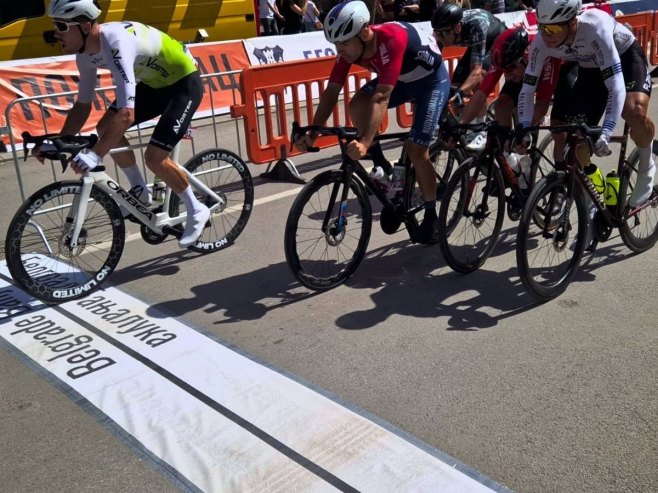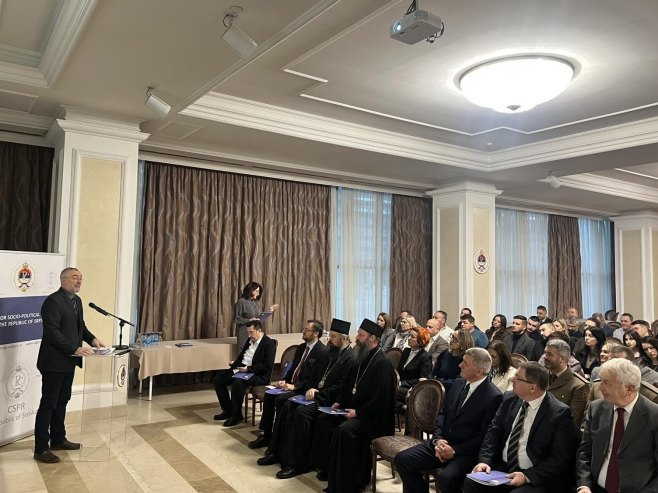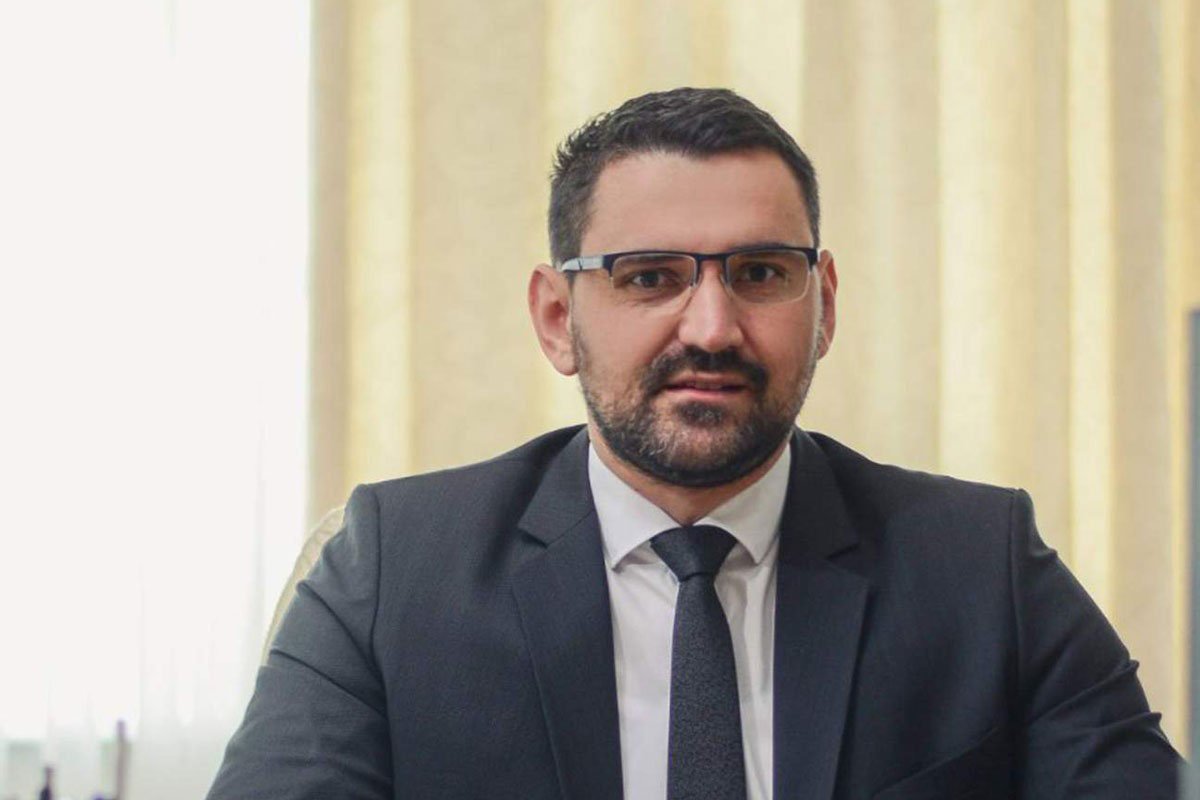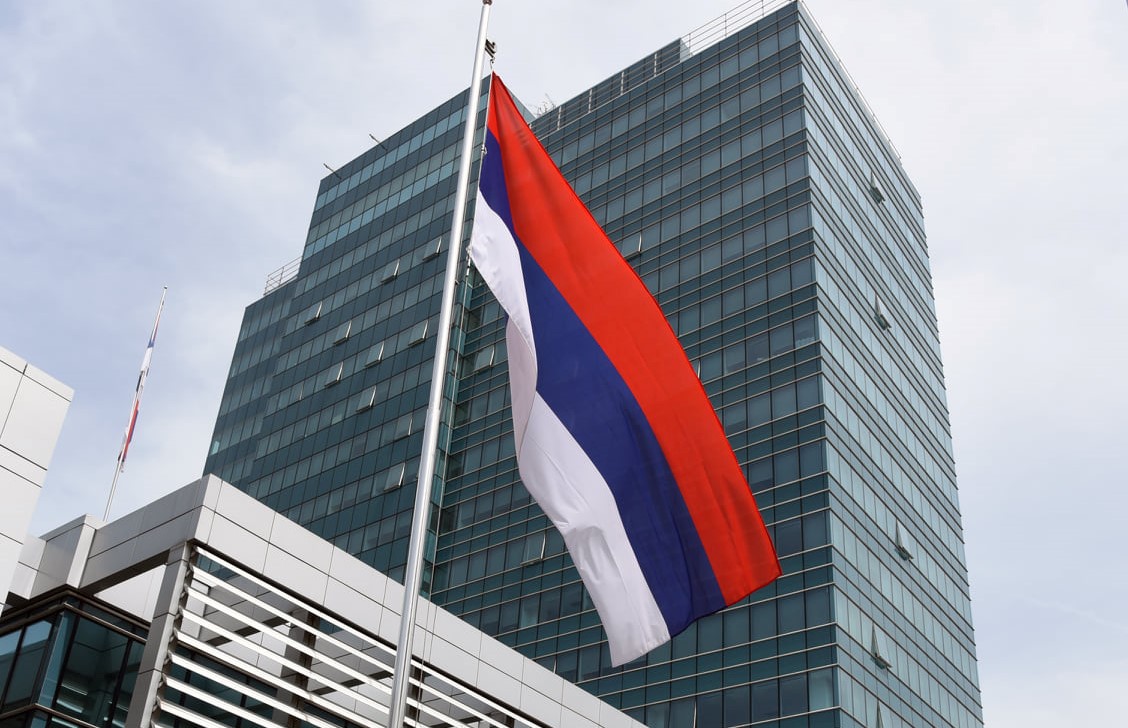When the police of Republika Srpska were in charge of border control, everything functioned well—even flawlessly, considering the more complex conditions at that time compared to today. However, later, laws were imposed, responsibilities were transferred under pressure, and the Border Police of Bosnia and Herzegovina was established, taking over the jurisdiction, says Sredoje Nović in an interview for Glas Srpske.
NoviĆ, who served as Minister of Interior of Republika Srpska from 1998 to 2001, is currently the Chairman of the Club of Serbs in the House of Peoples of the BiH Parliament, representing the SNSD party.
The leadership of Republika Srpska recently adopted a resolution to form a border police force, which will operate under the jurisdiction of Republika Srpska in accordance with the Dayton Agreement and Annex 2. A working group has already been formed, and the Ministry of Interior of Republika Srpska (MUP) has been tasked with drafting a law to regulate border control and crossings on the territory of Republika Srpska, with the enforcement to be carried out by the Srpska police force.
Until 2001, the MUP of Republika Srpska controlled its borders with neighboring countries. However, according to Srpska officials, the High Representative Wolfgang Petritsch imposed the so-called “State Border Service of BiH” on January 13, 2000, in violation of the Dayton Agreement and the BiH Constitution. This was followed by decisions from BiH institutions, leading to the formation of the current Border Police of BiH.
“Republika Srpska does not seek to take anything that isn’t rightfully hers”
NoviĆ emphasizes that Republika Srpska is determined to reclaim its constitutional powers, which were imposed by High Representatives over the years. He also believes that Srpska realized too late the extent of the powers it had lost.
“Republika Srpska, through its new constitution, seeks to reclaim its competencies within the framework of the Dayton Agreement. We are not taking anything that belongs to others—we are only reclaiming what is rightfully ours. Srpska will no longer accept unconstitutional and extrainstitutional governance.”
Responding to critics who argue that all decisions made by High Representatives were later adopted through parliamentary procedures, NoviĆ states that what was taken by force was never truly recognized as legitimate.
“There will always be opposition—whether within Republika Srpska, in BiH, or from the international community. But we must take care of ourselves because the global circumstances have changed.”
International Support for Republika Srpska
When asked what kind of international backing Republika Srpska has regarding its ongoing efforts to reclaim competencies and establish independent institutions, Nović asserts that President Milorad Dodik is actively engaged in discussions with various international actors.
“I am confident that he is in contact with numerous domestic and international factors regarding the steps we are taking.”
The Controversial Establishment of BiH Border Police
The Border Police of BiH was established through the Law on the State Border Service, which was imposed by Wolfgang Petritsch in 2000. The Presidency of BiH appointed its first director and deputies on February 9, 2000, and later adopted decisions defining its organization and jurisdiction.
The Border Police officially began operations on June 6, 2000, starting with the Sarajevo Airport unit, and gradually took over border control from entity and cantonal MUPs. The process was completed on September 30, 2002.
Republika Srpska’s Argument for Reclaiming Border Control
Prime Minister Radovan Višković asserts that everything Srpska is doing is in accordance with the BiH Constitution and that until 2001, Srpska controlled its borders—which it could do again in the future.
While a working group has been formed to draft legislation, Višković acknowledges that it is too early to determine how long it will take to establish Srpska’s border police.
“For six years after Dayton, Srpska controlled its borders through its Ministry of Interior. If it was possible then, why wouldn’t it be possible now?”
Source: Glas Srpske









